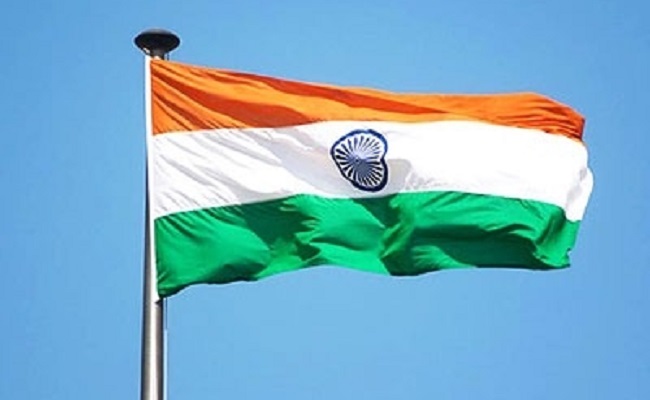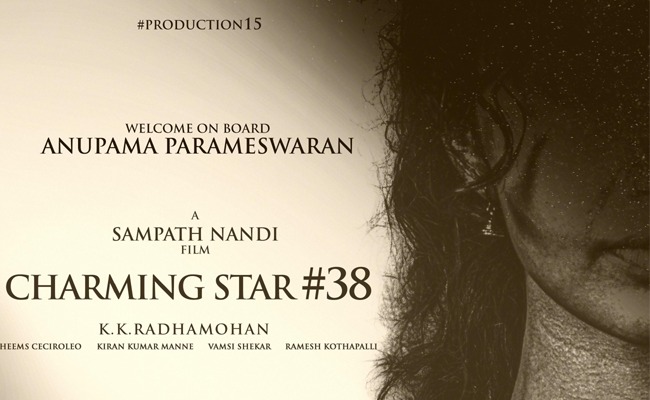
Andhra Pradesh, where simultaneous voting took place in phase one for the 175 Assembly and 25 Lok Sabha seats, has come to occupy a unique political stature in the face of tough adversaries trying to outsmart each other by claiming a wafer-thin vote edge of as little as over 2 per cent.
Like it happened in 2014 in united AP when friends-now-foes TDP and BJP fought together. That's where the puzzle of victory lies.
On Thursday, as the polling went into the night owing to stray objections, EVM malfunction and violence, the polling percentage of nearly 80 per cent, as per initial estimates, only complicated prognostication.
A difference of just above two per cent votes had helped Telugu Desam Party storm to power in the state in 2014, when 78.66 per cent turnout was recorded.
Facing anti-incumbency, the TDP this time faces a resurgent YSR Congress Party (YSRCP). The two parties are contesting all 175 Assembly and 25 Lok Sabha seats on their own.
The TDP, which severed ties with BJP last year, may find it difficult to repeat the 2014 performance, but the party leaders hope of a division of anti-incumbency votes among actor Pawan Kalyan's Jana Sena-led alliance, Congress and BJP.
On the other hand, Y.S. Jagan Mohan Reddy-led YSRCP is confident of improving the vote share of 2014. It hopes that Jana Sena-BSP-CPI-CPI-M alliance, Congress and BJP would cut into TDP votes.
In 2014, TDP-BJP combine had polled 46.79 percent votes (TDP 44.61 per cent, BJP 2.18 per cent) and bagged 106 seats (TDP 102 and BJP 4).
The YSR Congress Party had secured 67 seats with 44.58 per cent votes. Thus, there was a difference of just 2.21 per cent votes between the two, but it was enough for TDP to win 35 more Assembly seats and come to power.
The Congress, which drew a blank, polled 2.77 per cent votes while independents won two seats and secured 1.77 per cent votes.
In Lok Sabha polls, TDP-BJP combine with 47.7 per cent votes won 17 (TDP 15, BJP 2) seats while YSRCP secured eight seats with 45.4 per cent votes.
The YSRCP, formed by Jagan in 2011 after quitting Congress, replaced the latter as the key political force in the previous election.
The Congress, which had 40.7 per cent vote share in 2009 slumped to 2.8 per cent as the party drew a blank in both the Lok Sabha and Assembly due to the public anger over bifurcation of Andhra Pradesh that led to creation of Telangana.













